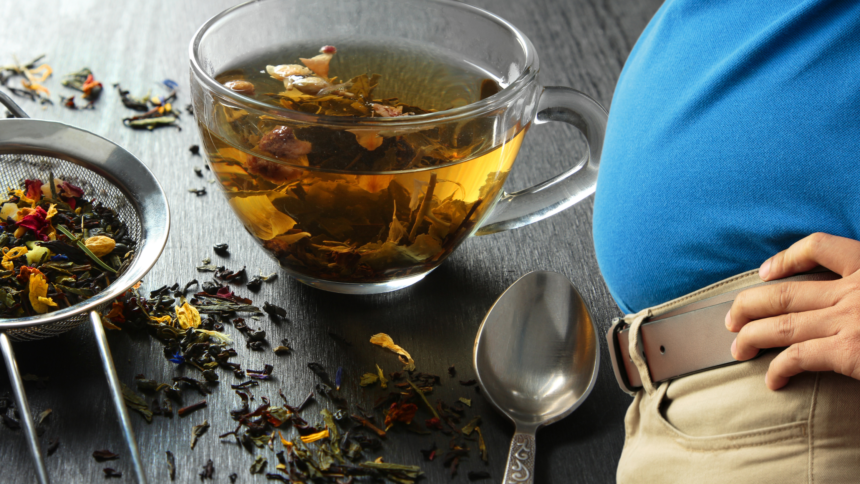In our modern environment where obesity rates continue rising, losing excess abdominal fat seems increasingly difficult. However, traditional medicines from cultures worldwide have long touted certain botanicals for their ability to nourish a metabolism conducive to gentle fat loss. Might sipping select herbal infusions aid in decreasing waist circumference through thermogenic and anti-inflammatory means? This article examines belly fat-targeting plants in tea and their proposed mechanisms of action according to current scientific understandings.
Does Herbal Tea Make You Lose Belly Fat?

While herbal tea alone may not directly cause significant weight loss, some varieties contain properties that can mildly support fat burning when consumed regularly as part of a healthy lifestyle. Specific herbs found in tea have been shown to boost metabolism, inhibit fat absorption, and reduce inflammation – all of which can contribute to gradual reductions in belly fat over time. Let’s take a closer look:
Green Tea’s Thermogenic Catechins
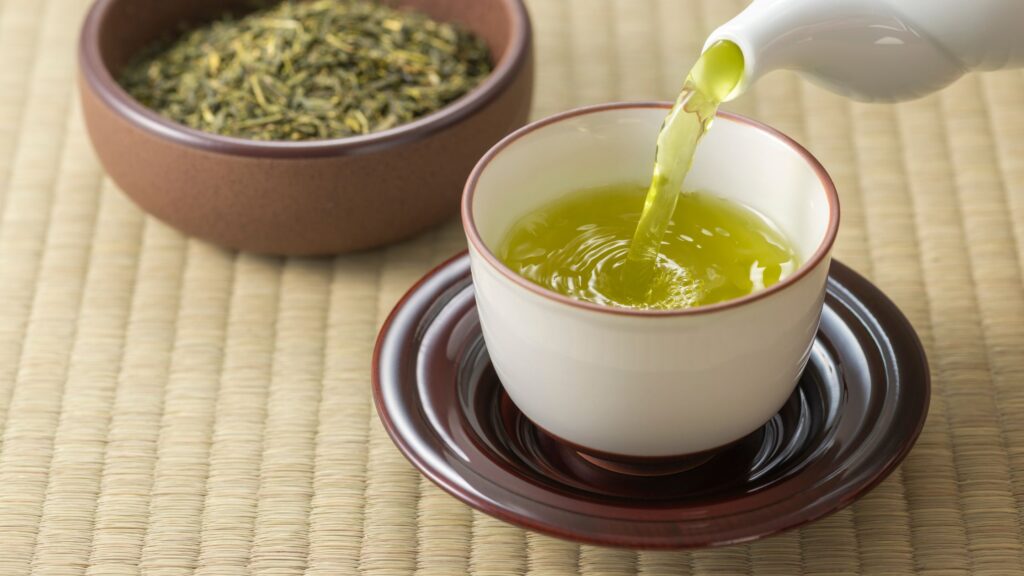
Renowned for its fat-burning properties, green tea contains catechins that induce calorie and fatty acid release during rest via the sympathetic nervous system. EGCG directly breaks down visceral fat stores. Regular intake has been associated with 1-2 pound weight loss and 1 inch reduction in waist size over 3 months in human trials.
Oolong Tea’s Lipolytic Effects
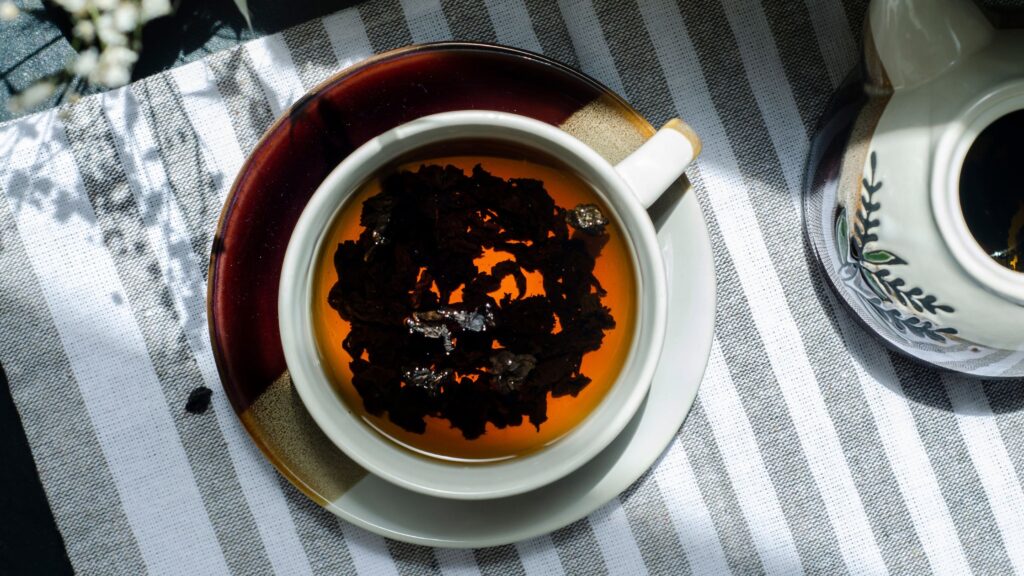
Fermented longer than green tea but less than black, oolong is linked to raised metabolism and fat cell breakdown according to Japanese research. Taiwanese studies found it enhances fatty acid oxidation in mitochondria, the primary way stored lipids are used as fuel. Its addition to reduced calorie diets correlated with decreased BMI and waist circumference.
Lemon Verbena’s Anti-Inflammatory Benefits
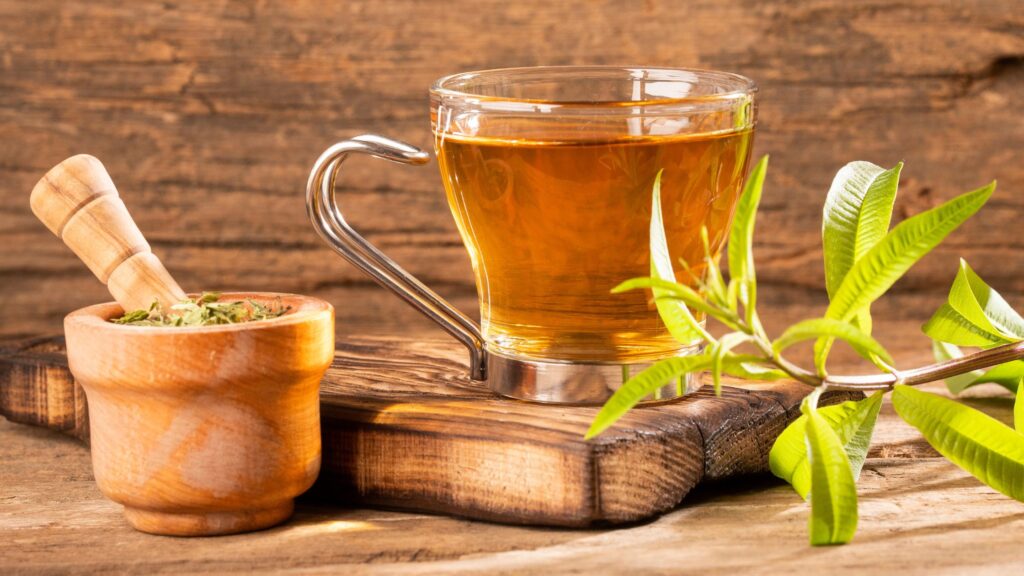
Clinical tests showed lemon verbena reduced inflammatory markers tied to weight gain. Subjects drinking this calming herb’s tea twice daily experienced noticeable abdominal slimming without dieting, likely by cooling inflammation underlying fat deposits.
Dandelion Leaf’s Fat Absorption Inhibition
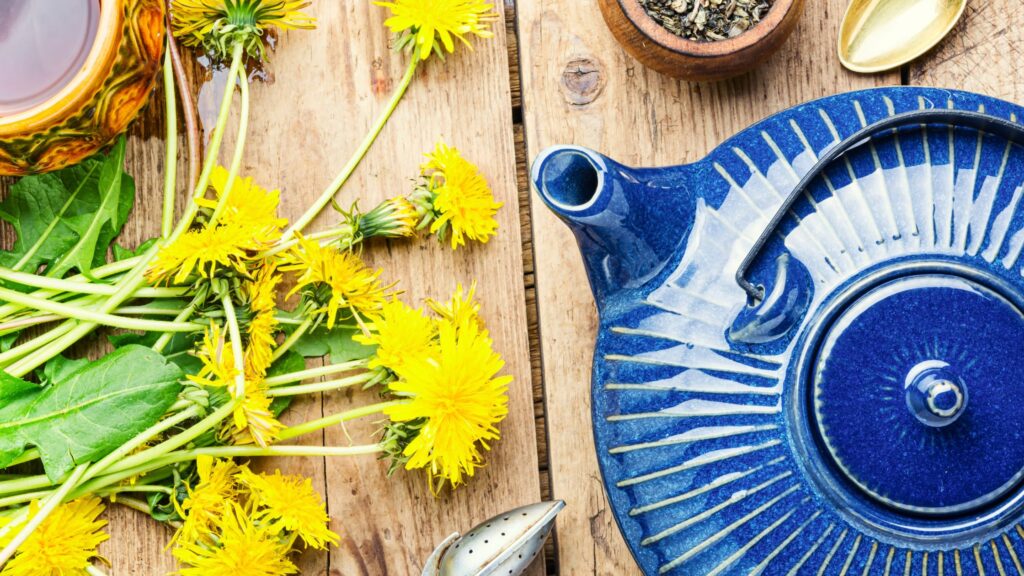
Animal experiments discovered dandelion tea extract blocked roughly 28% of ingested fat absorption in the gut. Certain phytochemicals inhibited the lipase enzyme central to triglyceride digestion, lessening the amount entering circulation. This offers a clever strategy for countering dietary fat intake impacts.
Conclusion
While not a magic bullet, selected herbal teas that gently stimulate metabolism, reduce fat uptake or calm inflammation have the potential to support mild belly fat loss as part of an overall healthy lifestyle. Future studies on integrating adipose-targeting botanicals may yield optimized natural regimens for steady, minimal-effort weight management.

